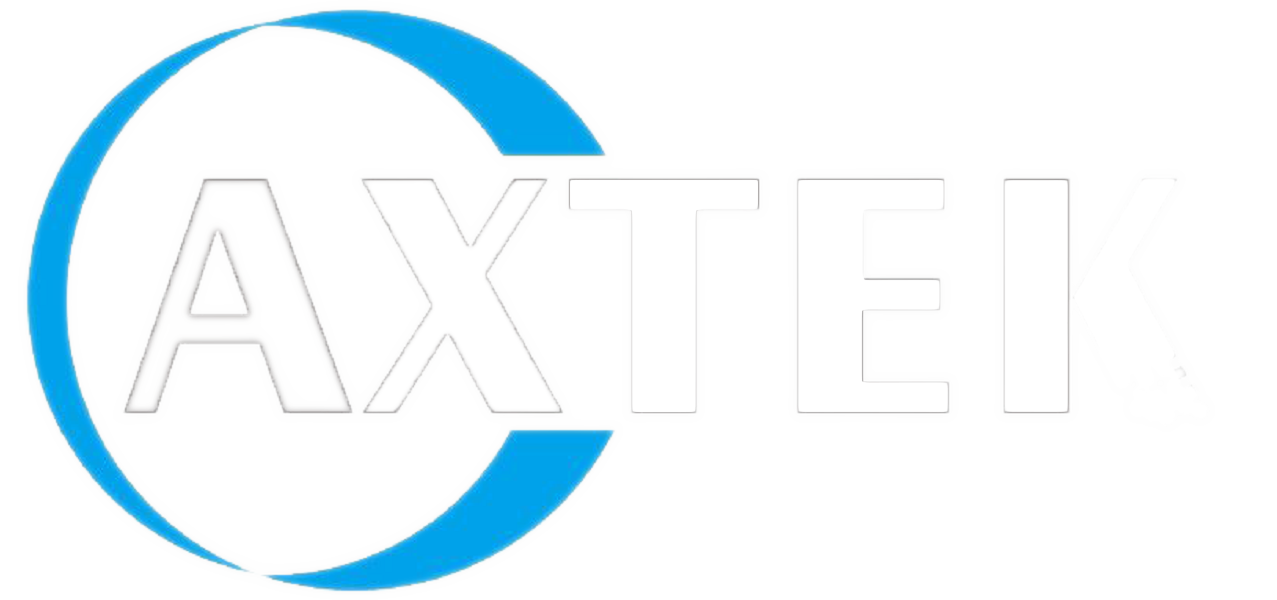On July 21, NXP Semiconductors, a major global automotive chipmaker, released its financial results for the second quarter of 2025, ending June 29. Despite stable performance in its automotive segment, overall revenue declined due to soft demand in communications, mobile, and industrial sectors.
Key Financial Highlights
Revenue: $2.93 billion, down 6% year-over-year
Adjusted Gross Margin: 56.5% (vs. 58.6% in Q2 2024)
Net Profit: $445 million (vs. $490 million YoY)
Outgoing CEO Kurt Sievers expressed optimism, highlighting the company’s ability to maintain profitability through a competitive product portfolio and optimized wafer manufacturing under its hybrid strategy.
Segment Performance Breakdown
| Segment | Q2 2025 Revenue | YoY Change |
|---|
| Automotive | $1.729 billion | ~Flat |
| Communications & Infra | $320 million | ↓ 27% |
| Mobile | $331 million | ↓ 4% |
| Industrial & IoT | $546 million | ↓ 11% |
Automotive chips remained the most resilient segment, representing nearly 60% of total revenue. However, all other divisions experienced sharp declines amid continued global demand weakness.
Industry Challenges Weigh on Outlook
NXP, along with competitors such as Infineon and STMicroelectronics, is facing:
Prolonged chip oversupply in EV and industrial markets
Weakened demand for electric vehicles in China and other key markets
Reduced factory automation investment, especially in China
Increased pricing pressure, particularly in Europe
These macroeconomic and industry-specific issues have led to 18+ months of supply-demand imbalance, impacting margins and long-term growth forecasts.
Q3 2025 Guidance: Cautious Optimism
While NXP points to signs of cyclical improvement in core markets, analysts remain cautious. Some interpret the guidance as a reflection of ongoing market uncertainty and volatile demand from automotive and industrial clients.
Market Insight
Bloomberg analyst Mr. Xu noted that investors may find the Q3 forecast disappointing in light of weak macro conditions. He added that “pricing pressure and the end of inventory restocking in Europe could limit near-term gains,” and that “a rebound in industrial demand may be unsustainable” without stronger end-user recovery.
Conclusion: Strength in Automotive, but Headwinds Persist
NXP’s Q2 2025 results underscore the company’s reliance on automotive chips, which continue to perform well despite industry headwinds. However, declining sales across non-automotive segments, coupled with EV market softness and geopolitical uncertainties, could cloud the outlook for the coming quarters.
For suppliers, customers, and partners, it’s crucial to stay agile and responsive to demand cycles, especially in automotive and industrial verticals where NXP plays a key role.


 MCU Solutions
MCU Solutions PCBA Solutions
PCBA Solutions Bluetooth Solutions
Bluetooth Solutions
 FAQ
FAQ Contact Us
Contact Us
 Company News
Company News Technology News
Technology News Industry News
Industry News PCBA News
PCBA News
 Company Profile
Company Profile Certificates
Certificates Terms & Conditions
Terms & Conditions Privacy Statement
Privacy Statement
 Home Appliances
Home Appliances Beauty Appliances
Beauty Appliances Lighting
Lighting Kid's Toys
Kid's Toys Security Alarm
Security Alarm Health Care
Health Care


 More information?
More information?






